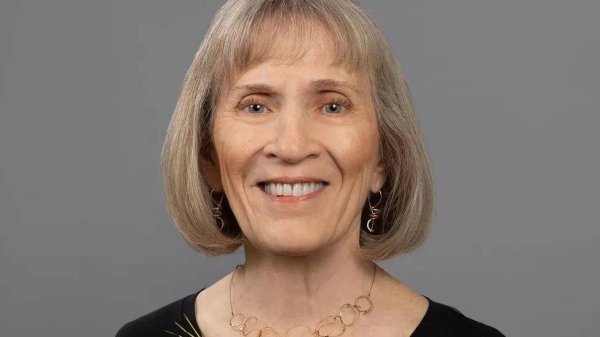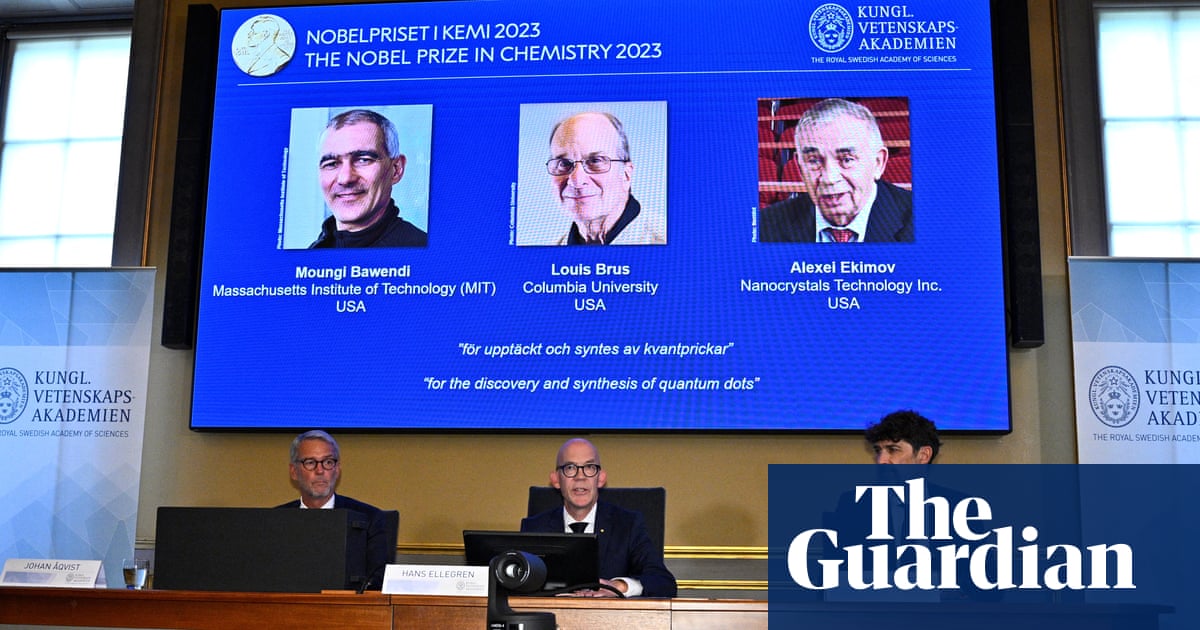
STOCKHOLM — American economists Paul R. Milgrom and Robert B. Wilson have been awarded the Nobel Prize for Economic Sciences "for improvements to auction theory and inventions of new auction formats", Royal Swedish Academy of Sciences, said on Monday.
"Their discoveries have benefited sellers, buyers and taxpayers around the world," the Nobel Committee said, noting that the auction formats developed by the winners have been used to sell radio frequencies, fishing quotas and airport landing slots.
The committee said Wilson’s work showed "why rational bidders tend to place bids below their own best estimate of the common value," that is, "the value which is uncertain beforehand but, in the end, is the same for everyone."
"(Bidders) are worried about the winner’s curse — that is, about paying too much and losing out," the committee said.
Milgrom developed a more general theory of auctions that takes into account was is known as the "private value" of what"s being sold that can vary greatly from bidder to bidder.
The prestigious award comes with a 10-million krona ($1.1 million) cash prize and a gold medal.
Milgrom and Wilson, who are both professors at Stanford University in California, were recognized for theoretical discoveries that improved how auctions work.
"This year"s Laureates in Economic Sciences started out with fundamental theory and later used their results in practical applications, which have spread globally. Their discoveries are of great benefit to society," Peter Fredriksson, chair of the prize committee, said in a statement.
According to the Royal Swedish Academy of Sciences, the economists invented new formats for auctioning many interrelated objects on behalf of a seller motivated by doing good for society rather than simply achieving the highest price possible.
In 1994, US authorities first used one of their formats to sell bands of radio spectrum. Doing so helped ensure that taxpayers were benefiting from the sale of radio frequencies that were owned by the government but of enormous value to mobile network operators.
The prize for economics is officially known as the Sveriges Riksbank Prize in Economic Sciences. It was established by Sweden"s central bank and has been awarded since 1969 in memory of industrialist Alfred Nobel.
In 2019, the economics prize was awarded to Abhijit Banerjee, Esther Duflo and Michael Kremer for their work to alleviate global poverty. Duflo, a professor at the Massachusetts Institute of Technology, was the youngest person and only the second woman to be awarded the prize. — Agencies












